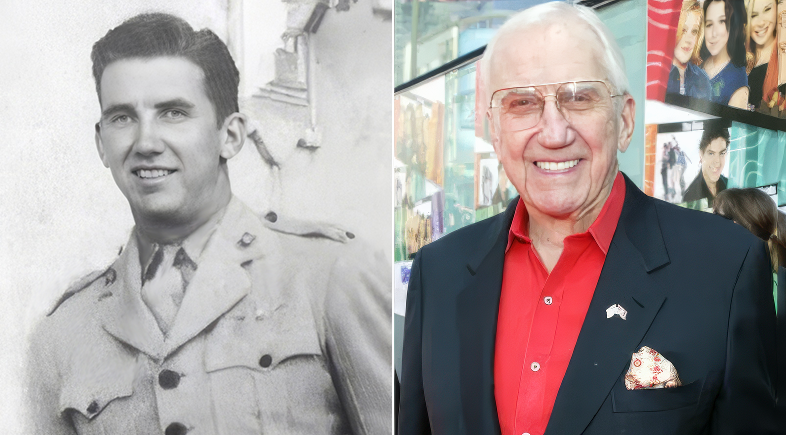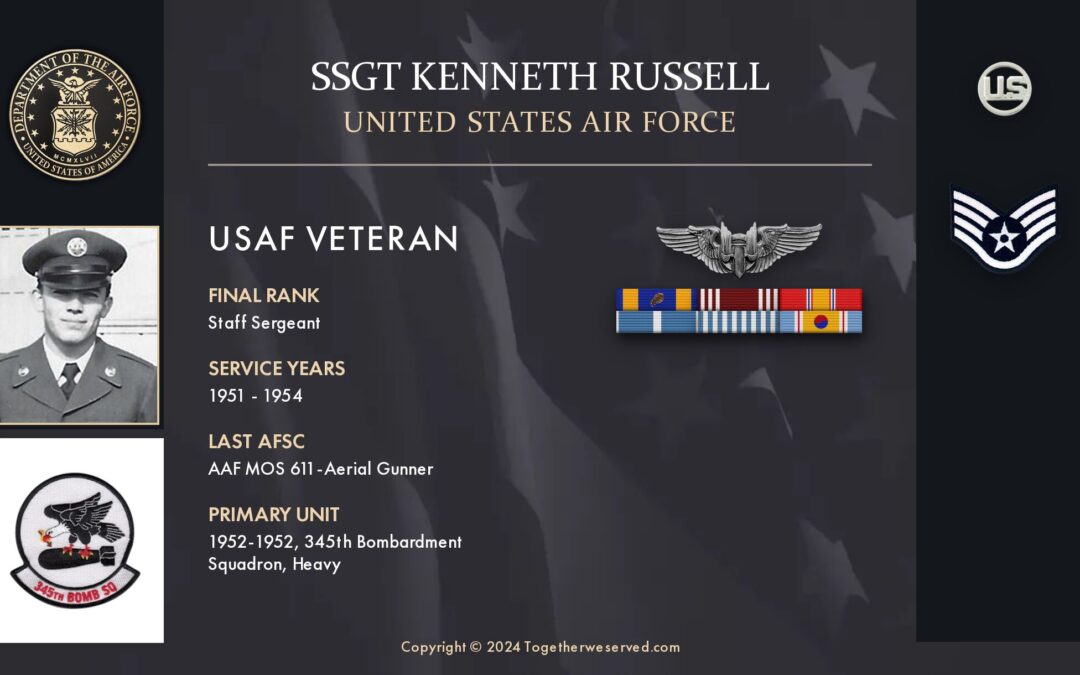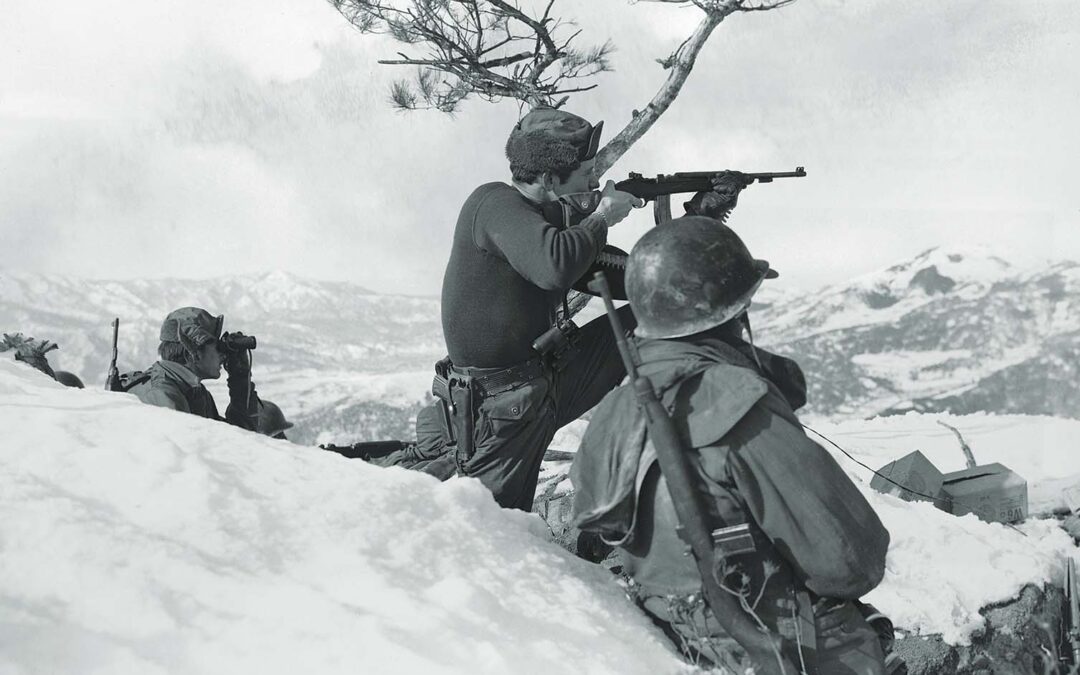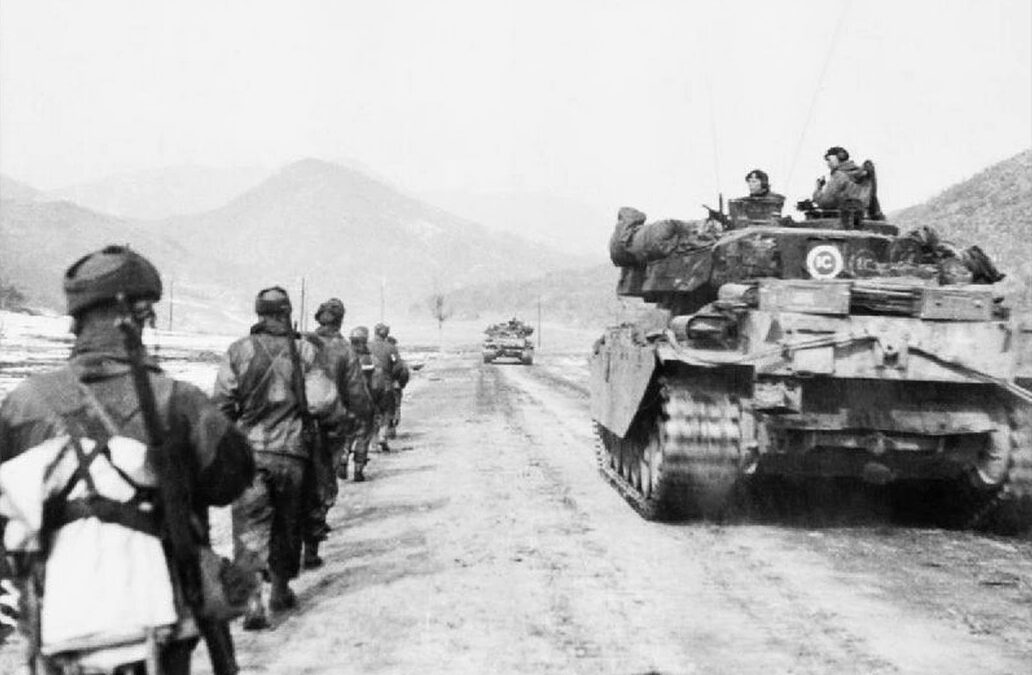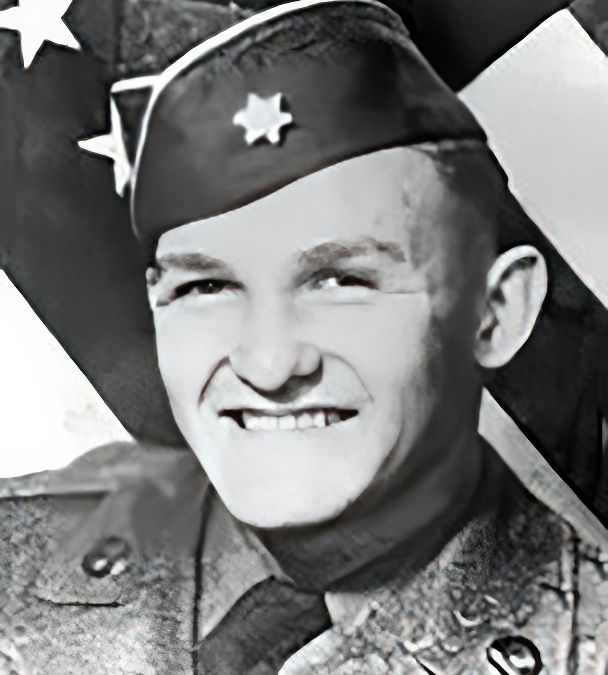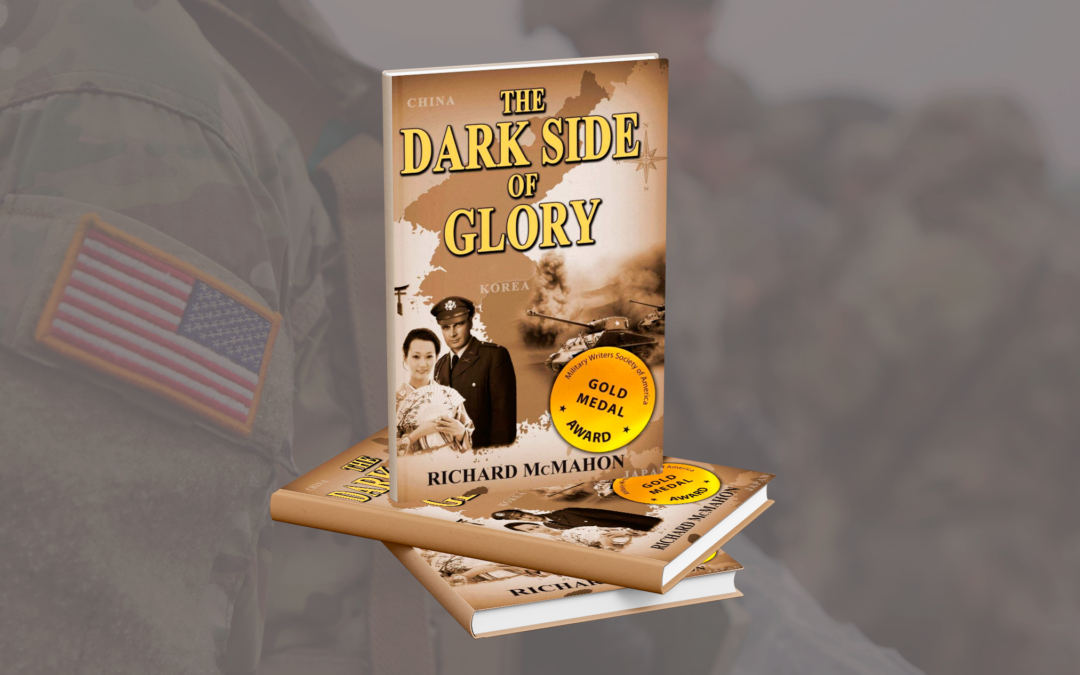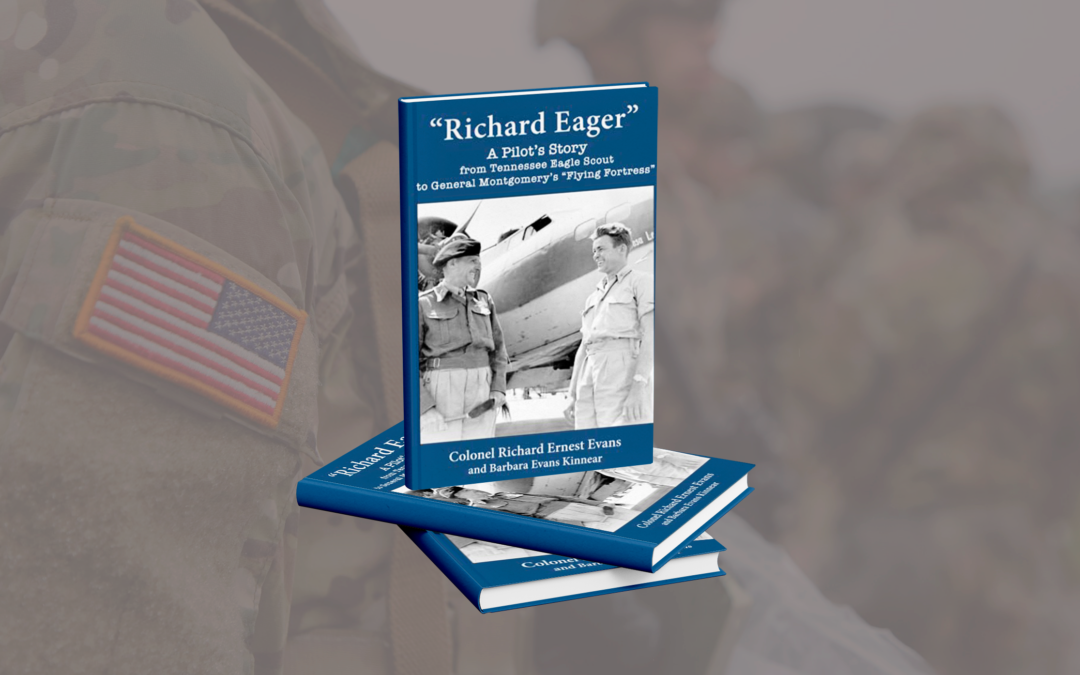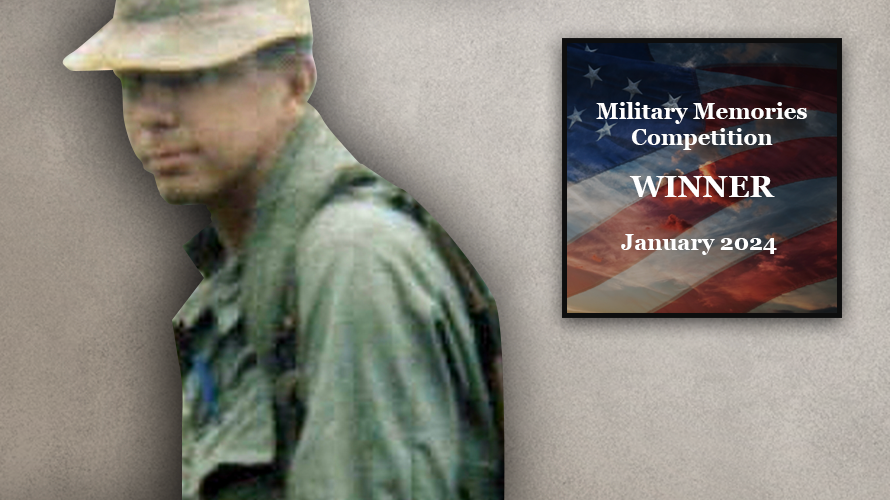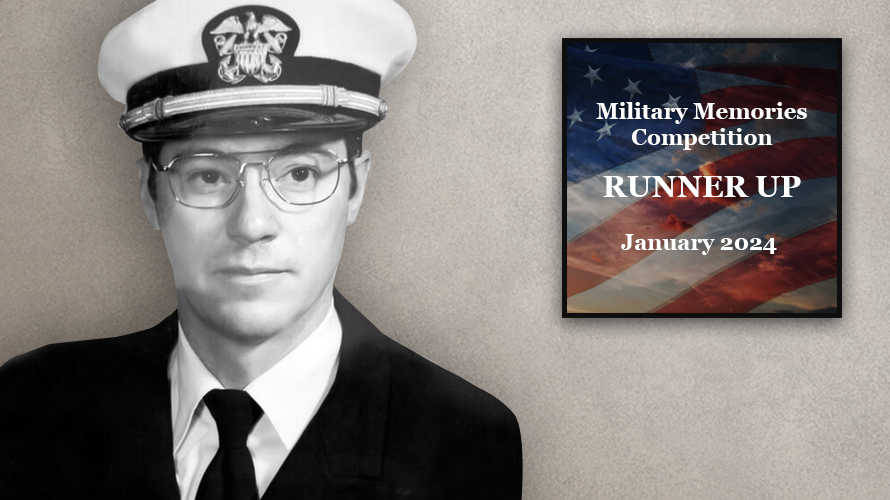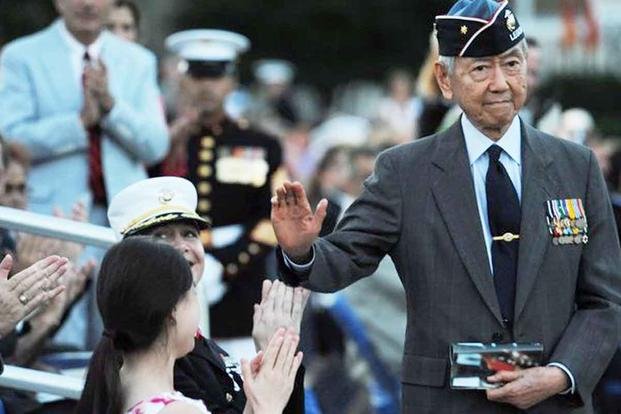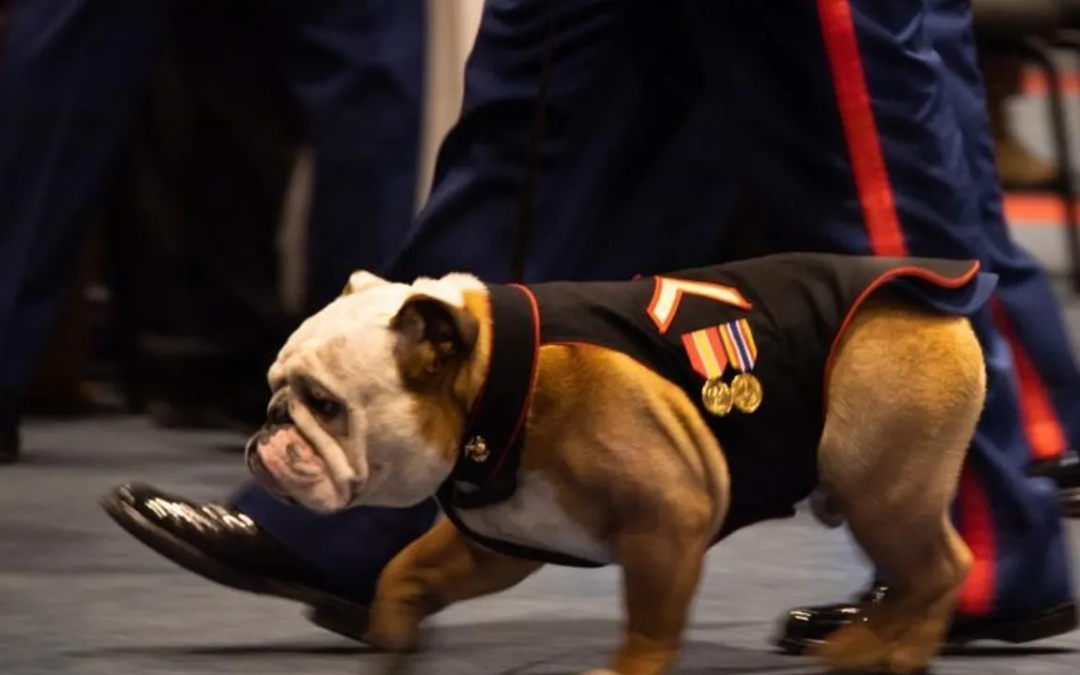Ed McMahon, the iconic television personality and beloved sidekick to Johnny Carson on "The Tonight Show," was not only a legendary entertainer but also a dedicated patriot who served his country with honor and distinction. Let’s review the remarkable life and military service of Ed McMahon, a man whose laughter resonated across generations. Ed McMahon’s Early Life Born on March 6, 1923, in Detroit, Michigan, Edward Leo Peter McMahon Jr. grew up in a modest household during the Great...
